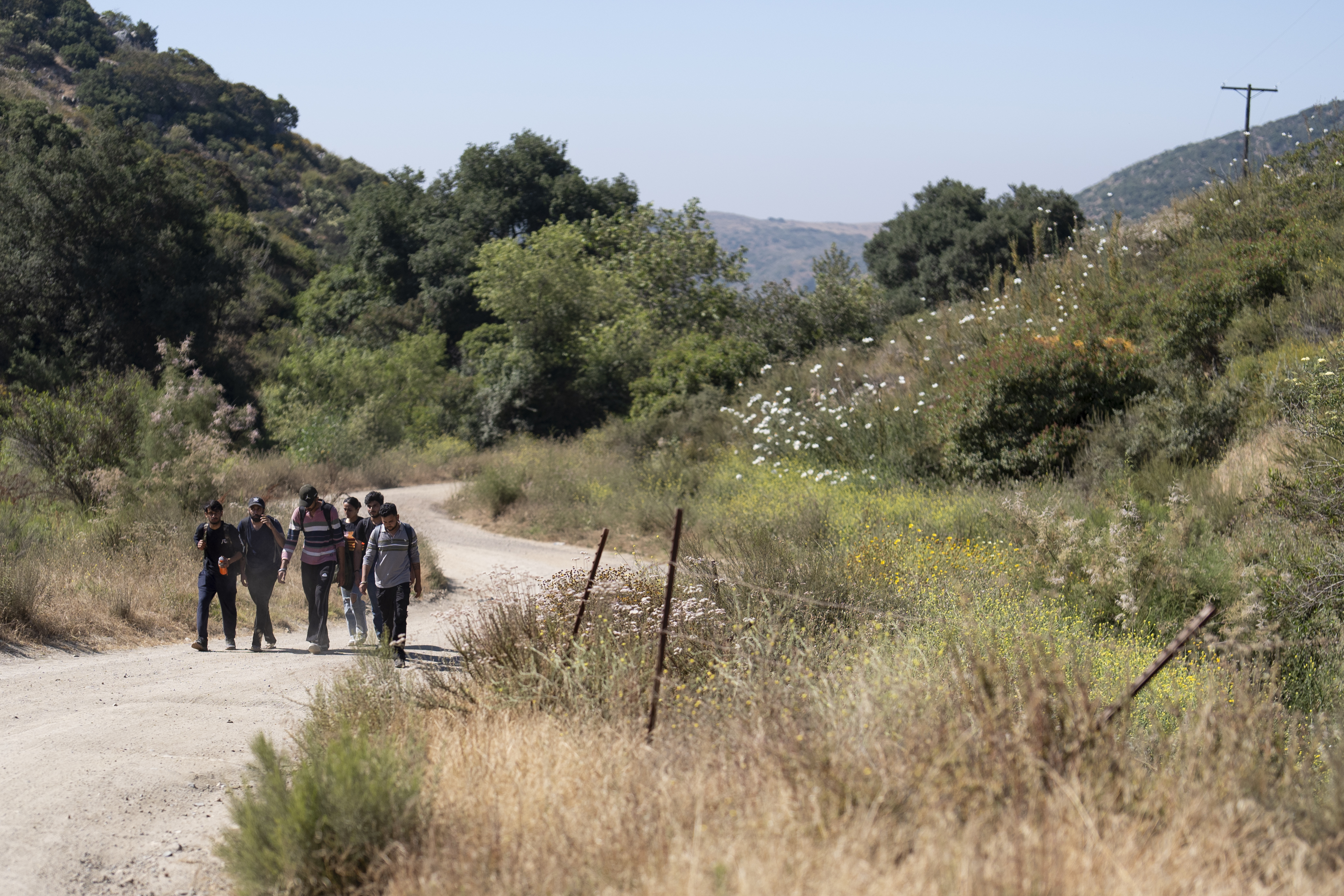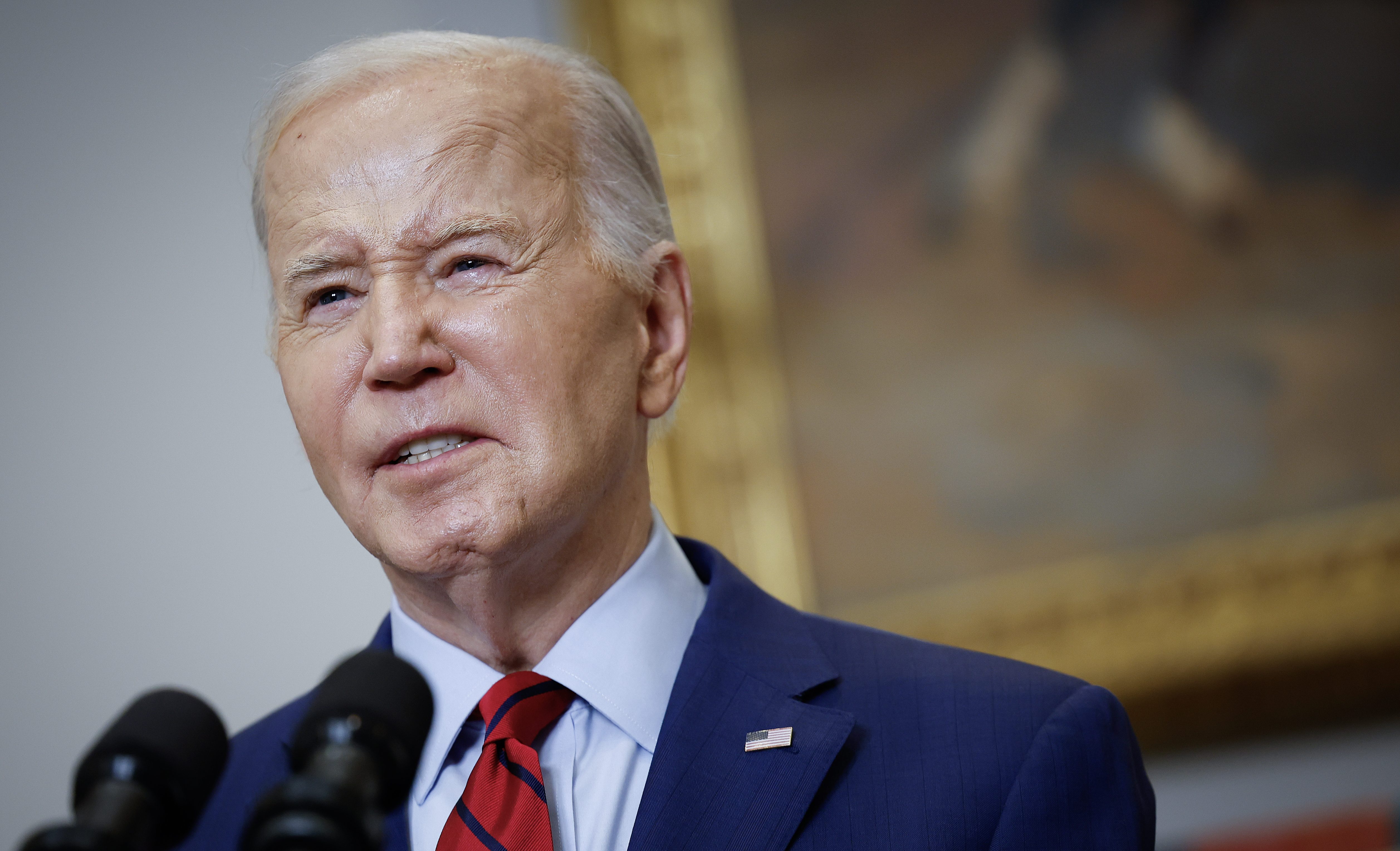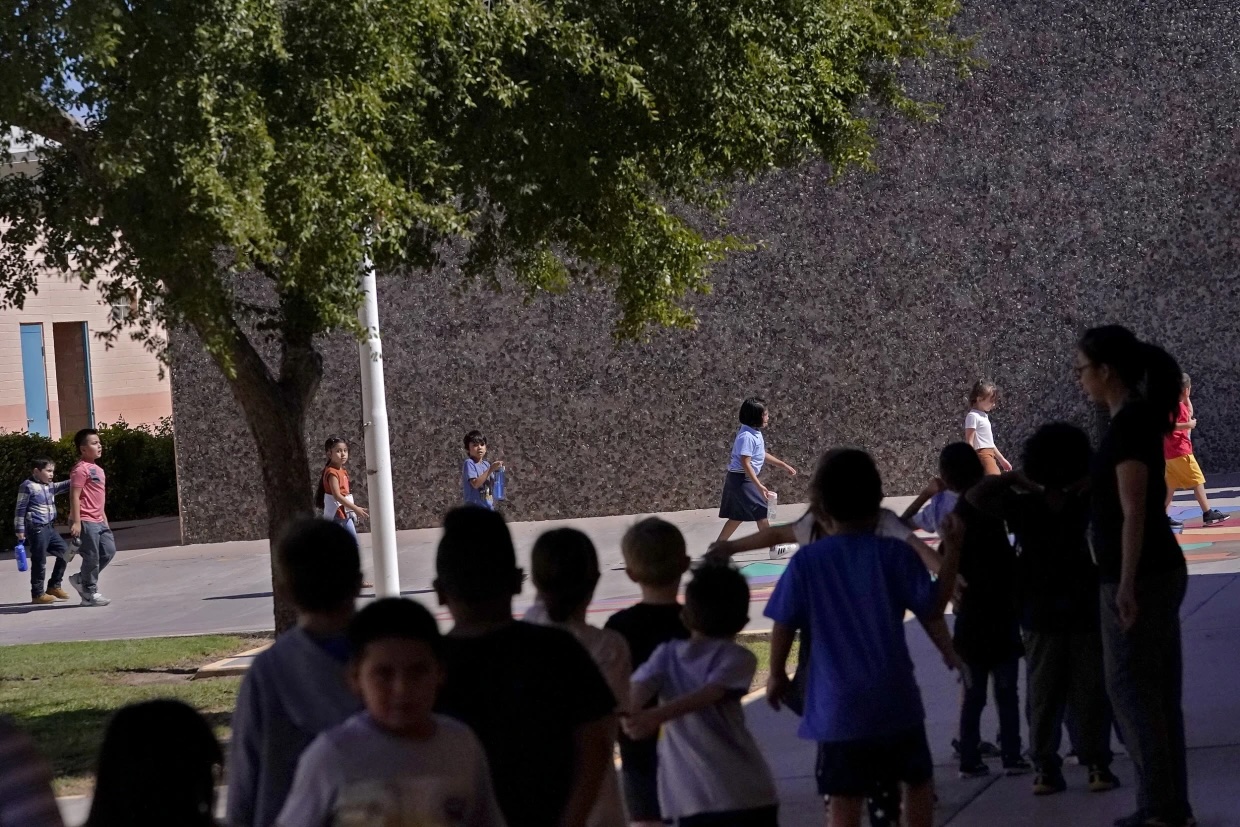
President Joe Biden will host a White House event next week celebrating an Obama-era directive that offered deportation protections for young undocumented immigrants, as his own administration prepares potential new benefits for others without legal status but with long-standing ties in the United States.
White House officials are closing in on a plan that would tap Biden’s executive powers to shield spouses of U.S. citizens without legal status from deportation, offer them work permits and ease their path toward permanent residency and eventually American citizenship, according to five people with knowledge of the deliberations.
The people said those actions could be unveiled as early as next week, although a White House official stressed Thursday that no final decisions have been made on what Biden will announce, if anything. As of earlier this week, Biden had not been presented with the proposal for his final approval, adding to the uncertainty for the timing of any announcement. The president is currently in Italy participating in the Group of Seven summit of the world’s wealthiest democracies.
But Biden telegraphed last week as he rolled out his directive to crack down on asylum claims at the border — a move that has infuriated immigrant-rights groups and many Democratic lawmakers — that he would be announcing other actions more to the advocates’ liking.
Get top local stories in San Diego delivered to you every morning. >Sign up for NBC San Diego's News Headlines newsletter.
“Today, I have spoken about what we need to do to secure the border,” Biden said at the June 4 event at the White House. “In the weeks ahead — and I mean the weeks ahead — I will speak to how we can make our immigration system more fair and more just.”
To protect the spouses of Americans, the administration is expected to use a process called “parole-in-place.” It not only offers deportation protections and work permits to qualifying immigrants but also removes a legal obstacle that prevents them from getting on a path to a green card, and eventually, U.S. citizenship.
That power has already been used for other groups of immigrants, such as members of the U.S. military or their family members who lack legal status.
For Biden’s actions, White House officials were narrowing in on a plan that would offer parole in place for spouses of Americans who have been here for at least five or 10 years, according to the people briefed on the deliberations. The people were granted anonymity to discuss internal White House deliberations.
The immigrant advocacy group FWD.us estimates that there are roughly 1.1 million immigrants without legal status married to Americans. However, depending on how the Biden administration writes the proposal, the actual universe of people who could qualify for the president’s plan is likely far smaller.
Advocates were also lobbying the White House to include benefits for immigrants lacking legal status who provide caregiving roles for American family members, according to two of the people familiar with the discussions, although that provision was seen as far less likely to be enacted for now. Allowing such caregivers to apply for a so-called “cancellation of removal” would affect immigrants like family members of Americans who have specific needs or disabilities.
Amid these deliberations, the White House has invited lawmakers to an event Tuesday afternoon to celebrate the 12th anniversary of the Deferred Action for Childhood Arrivals program, according to a person familiar with the event. The initiative was created June 15, 2012, by then-President Barack Obama to protect young immigrants who lacked legal status, often known as “dreamers.”
Although House lawmakers will be away from Washington on a recess, White House officials say it will be worthwhile to make it to the event.
“We're expecting positive news,” said Rep. Nanette Barragán, the chair of the Congressional Hispanic Caucus, a Democratic group that has advocated for the White House to take action to provide relief for immigrants.
“I think it just says that we value our immigrants and those people who are part of the American fabric,” she said.




